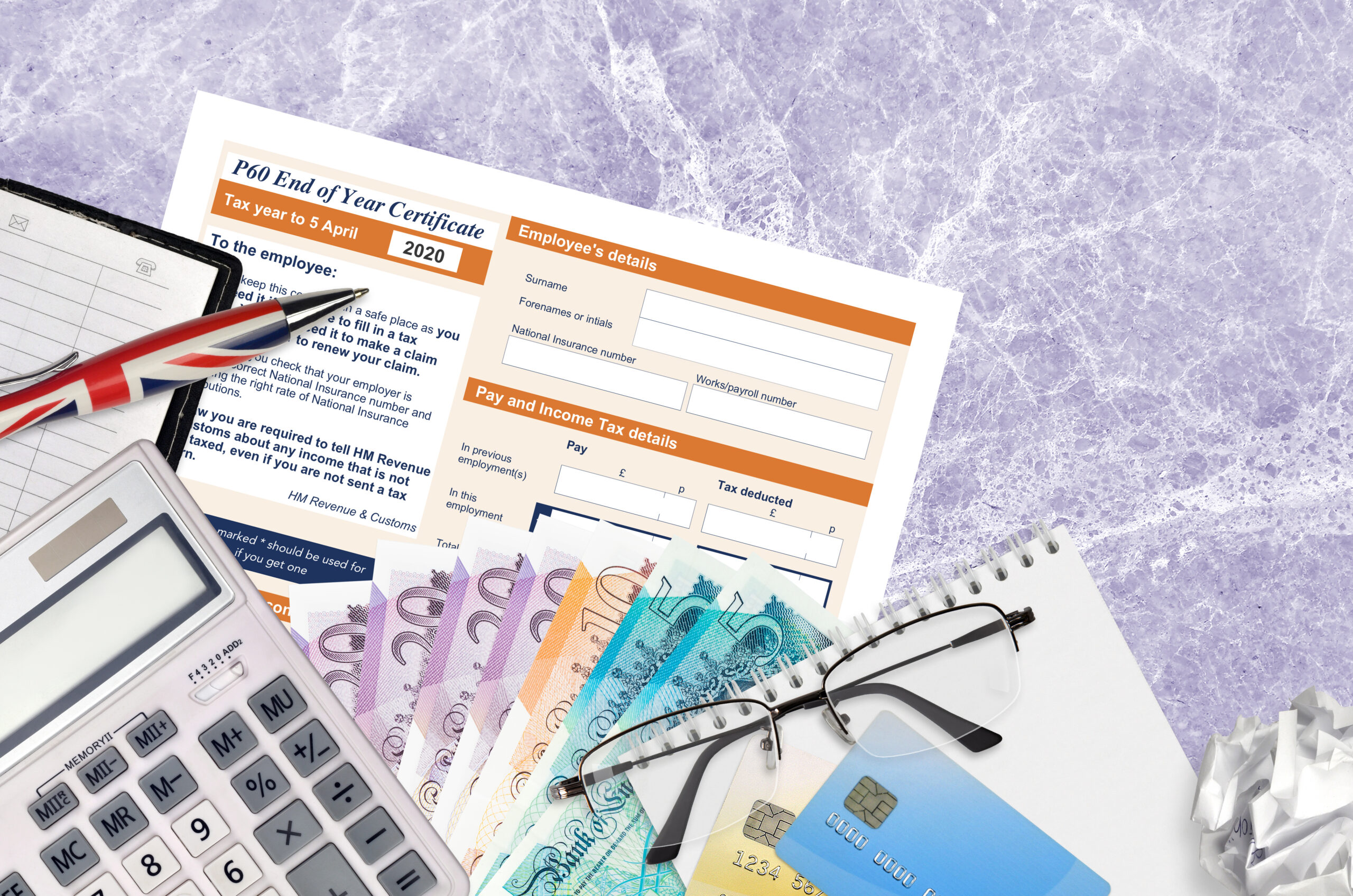The Hidden Tax Burden You Never Saw Coming
Imagine this: You’ve owned a property for years, watching its value rise steadily. Now, you’ve decided to sell, expecting a hefty profit. But suddenly, you hear about Capital Gains Tax (CGT), and you’re left wondering—how much of your hard-earned profit will the taxman take? This is where a Capital Gains Tax Calculator Property comes into play.
With rising property values, tax obligations have become more complex than ever. Whether you’re selling a house, shares, or any other asset, understanding how much tax you owe is crucial. This article will guide you through capital gains tax, how to use an HMRC Capital Gains Tax Calculator, and the importance of a Capital Gains Tax on Shares Calculator to stay ahead of tax liabilities.
1: What is Capital Gains Tax and Why Does It Matter?
Capital Gains Tax (CGT) is the tax you pay on the profit from selling an asset that has increased in value. It applies to property, stocks, investments, and other assets, with varying rates depending on your income and asset type.
For instance, if you purchased a rental property for £200,000 and sold it for £300,000, the £100,000 gain is subject to CGT. But how much will you actually pay? That’s where a Capital Gains Tax Calculator for Property helps you estimate your tax liability based on various deductions and reliefs.
2: How Capital Gains Tax on Property Works
If you’re selling a residential property that is not your primary home, you’ll likely pay CGT. The rate depends on your income:
- Basic Rate Taxpayers: 18% on gains within the basic rate threshold
- Higher/Additional Rate Taxpayers: 28% on gains above the basic rate threshold
Allowances & Reliefs
Before using a Capital Gains Tax Calculator for Property, consider these deductions:
- Annual Exempt Amount: In 2024/25, the first £3,000 of gains are tax-free.
- Private Residence Relief: If the property was your main home, you may qualify for partial or full relief.
- Lettings Relief: If you rented out the property, you might be eligible for relief up to £40,000.
A Capital Gains Tax Calculator helps apply these reliefs accurately so you don’t overpay.
3: Using an HMRC Capital Gains Tax Calculator
HMRC provides an online Capital Gains Tax Calculator for Property to estimate tax liability. The calculator considers:
- Purchase price and sale price
- Capital improvements (extensions, renovations, etc.)
- Legal and estate agent fees
- Any applicable reliefs
Step-by-Step Guide:
- Enter the sale and purchase price – This determines the total gain.
- Input improvement costs – These expenses reduce taxable gains.
- Account for legal fees – Deduct lawyer and agent costs.
- Check applicable reliefs – The calculator suggests potential deductions.
- Estimate final CGT liability – The result shows how much you owe.
Read More:- Can I claim tax relief for working from home (WFH)?
4: Capital Gains Tax on Shares Calculator
If you’re selling stocks, you’ll need a Capital Gains Tax on Shares Calculator to determine tax liability. Unlike property, the rates for shares differ:
- Basic Rate Taxpayers: 10%
- Higher Rate Taxpayers: 20%
Key Factors to Consider:
- Annual CGT Allowance: You can offset up to £3,000.
- Deducting Costs: Broker fees, stamp duty, and other expenses reduce gains.
- Share Transfers: Transferring to a spouse before selling can reduce tax liability.
5: Real-Life Case Study – How a Property Seller Saved Thousands
Meet David, a homeowner in London who planned to sell his rental property for £500,000 after buying it for £300,000. Initially, he assumed he’d owe a massive tax bill, but after using a Capital Gains Tax Calculator for Property, he discovered ways to reduce his liability:
- £3,000 annual allowance reduced his taxable gain.
- £20,000 renovation costs were deductible.
- Lettings relief of £40,000 further minimized tax.
In the end, David saved over £25,000 in CGT just by using the calculator effectively.
6: Why You Need a Capital Gains Tax Calculator for Research & Planning
Tax laws change frequently, and miscalculations can lead to overpaying or legal trouble. A reliable HMRC Capital Gains Tax Calculator or a Capital Gains Tax on Shares Calculator allows you to:
- Plan Your Sale Strategically – Avoid high-tax periods.
- Utilize Exemptions – Ensure all deductions are applied.
- Stay Compliant – Prevent HMRC penalties.
Conclusion: Be Smart, Save Money, and Stay Informed
Understanding capital gains tax is crucial for anyone investing in property or shares. Whether you’re selling a home or stocks, using a Capital Gains Tax Calculator for Property ensures you don’t pay more than necessary. Stay ahead of tax obligations, optimize your financial decisions, and keep more of your profits where they belong—in your pocket.
If you’re planning to sell an asset soon, why not try an HMRC Capital Gains Tax Calculator today? Your future self will thank you for it!
Frequently Asked Questions (FAQs)
- How do I use a capital gains tax calculator for property sales in the UK?
To use a capital gains tax calculator property tool, you’ll need to input key details such as the purchase price, sale price, date of sale, allowable costs (like solicitor fees and renovations), and your income tax bracket. The calculator then estimates how much CGT you owe based on current HMRC rules. This helps you prepare financially before selling your property. - What makes the HMRC capital gains tax calculator different from others?
The HMRC capital gains tax calculator is an official tool provided by the UK government. While it’s reliable for standard calculations, it doesn’t account for more complex scenarios, such as joint ownership or multiple disposals. If you have a unique situation, using third-party calculators or seeking professional advice is recommended. - Do I pay capital gains tax on shares in the UK?
Yes, if you sell shares for more than you paid and the gain exceeds your annual tax-free allowance, you’ll need to pay CGT. A capital gains tax on shares calculator helps you work out what’s owed by factoring in things like acquisition cost, selling price, and broker fees. This tool is useful for investors who want to plan their tax liability accurately. - Can I reduce my capital gains tax when selling a property?
Yes, there are several ways to reduce your CGT liability. You may qualify for Private Residence Relief if the property was your main home, and everyone benefits from an annual CGT allowance. A capital gains tax calculator property tool will take these into account to provide a more accurate figure. Timing the sale for a new tax year might also help reduce your bill. - When do I need to report and pay CGT to HMRC?
For UK residential property sold after April 6, 2020, you must report and pay any CGT within 60 days of the sale’s completion using the HMRC capital gains tax calculator and online service. For other assets like shares, you report through your Self Assessment tax return. Missing these deadlines can result in penalties and interest charges.


